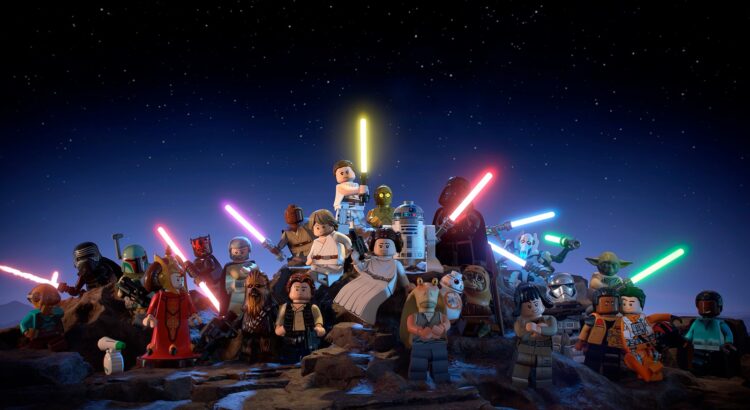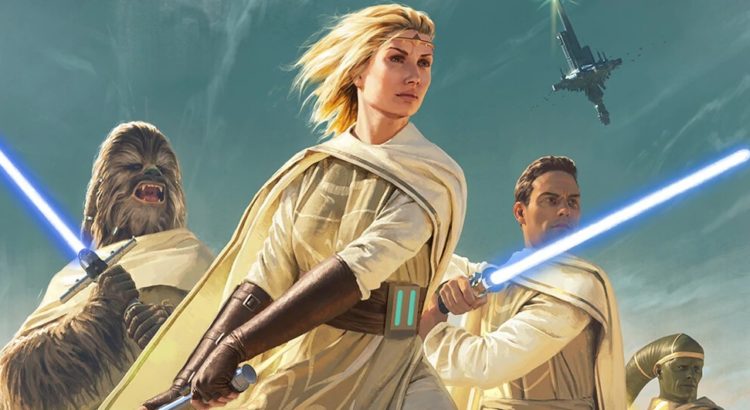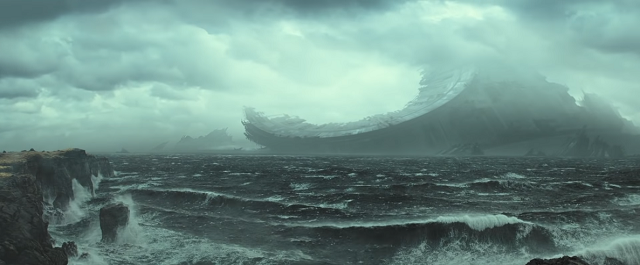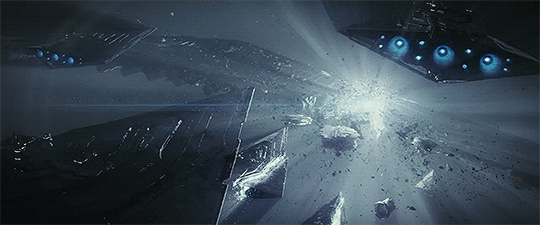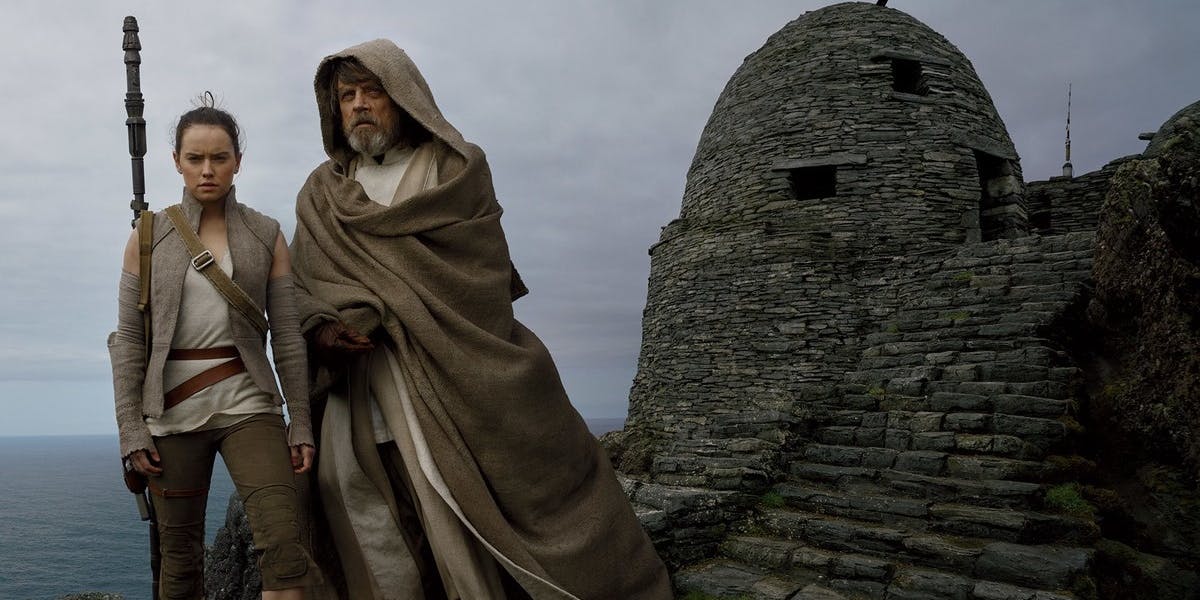For all that I was expecting great things of Lego Star Wars: The Skywalker Saga, it still managed to exceed them. It did particularly well in its version of the main story, bringing new emphasis to certain aspects and expanding and improving upon others. Above all, it did something entirely unexpected: not only did it treat the nine films as a series of nine films, it made the story flow from the start to the end. Yes, that does include the sequel trilogy.
My route through the set was originals then prequels then sequels, but by all accounts, the game is rather smart in enabling any structure. You want to play in the machete order? Off you go. Two ace cards the game plays early and frequently are the assumption that the audience knows the material and a very smart sense of humour. The humour turns up all over the place in surprising ways and, at times, takes a very meta tack. For instance, one Phantom Menace level is called Better Call Maul. Similarly, a quest in The Rise of Skywalker that you play to unlock Beaumont Kin is called Second Breakfast, a sly nod to Dominic Monaghan’s role of Merry in The Lord of the Rings films. These jokes and others show that Traveller’s Tales (henceforth TT) were aiming this game at everyone. Sure, kids are the primary audience, but not exclusively.
George Lucas’s approach was mostly on the big-picture, grand-themes stuff — details, consistency, these were not his forte. This was demonstrated in how he syncs up the end of Revenge of the Sith and the start of A New Hope — it kind of works but when you start looking at the details it gets a bit iffy. The sequels, in some sort of weird homage to Lucas, replicated this freewheeling approach to its component parts. The result was three films but not a trilogy. It had the pieces to be so but the films just do not work together. The game cannot entirely fix all this but it has a very good go at it.
Read More